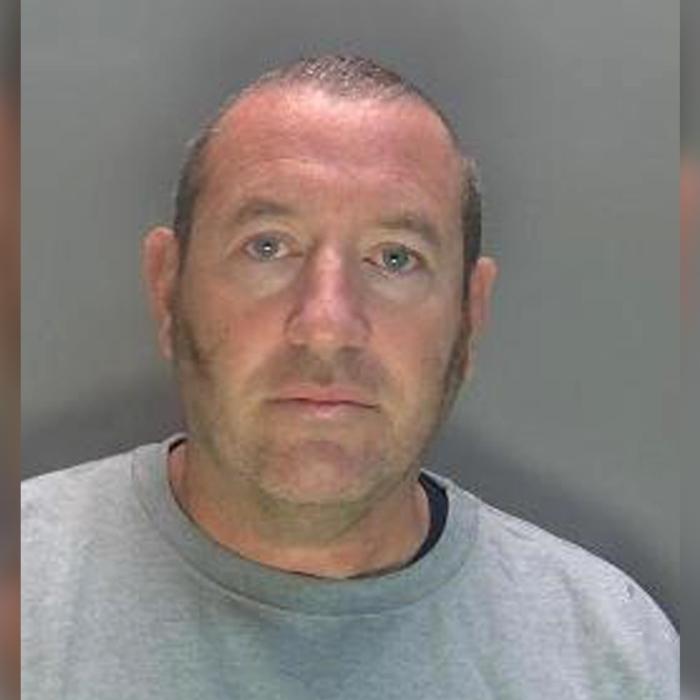Police chiefs have been given powers to preside over hearings that decide whether to remove officers found guilty of misconduct, the government has announced.
Home Office reforms put before Parliament on Tuesday will give police leaders more accountability and make it easier for them to fire rogue officers. The changes will come into effect on May 7.
Policing minister Chris Philp said that officers unfit to serve “must be rooted out at the earliest opportunity and these changes will ensure chief constables are given greater control over this process.”
Mr. Philp continued: “The public need greater confidence that the officers who serve their communities are dedicated to keeping them safe.
“We have already made progress in improving the police dismissals process, which includes the police carrying out the largest-ever integrity screening exercise of their workforce and through strengthened vetting, which will go further in booting out corrupt officers.”
The changes will return the responsibilities chief constables had almost 10 years ago.
Continuous Vetting Process
The Home Office said that under the new measures, police and crime commissioners (PCCs) will have greater responsibility for scrutinising dismissal panels and holding those who make decisions to account.Previously, these panels were chaired by lawyers; legal advisers will remain part of the hearings and will provide independent legal advice in a “more supportive role,” the Home Office said. Hearings will continue to be held in public to maintain transparency and fairness. The outcomes will still be determined by a majority decision by the panel.
In February, the government made changes to the police disciplinary system meaning that officers charged with an indictable offence—a charge which may be tried by a jury in a Crown Court—will be automatically suspended from duty until an outcome is reached. It will also be easier to fire police officers found guilty of gross misconduct and those who fail to maintain basic vetting when reviewed.
Couzens’s ‘Dangerous Belief in His Invincibility’
In January 2023, Carrick pleaded guilty to 24 counts of rape and 25 other offences which he carried out over the span of 18 years while serving in the Met Police. He was jailed for life for a minimum of 30 years the following month.“There will be no place to hide for those who use their position to intimidate women and girls, or for those who fail to act to reprimand and remove people who are unfit for office,” the prime minister said at the time.
One of the women who Couzens exposed himself to had told the court: “I had no one contact me or ask for a statement. It was only after Sarah’s murder that I became involved. If he had been held accountable when we had reported the crime, we could have saved Sarah.”
Mrs. Justice Juliet May sentenced Couzens to another 19 months in prison. Couzens has already been given a whole life sentence for the March 2021 murder of Ms. Everard and will never be released.







